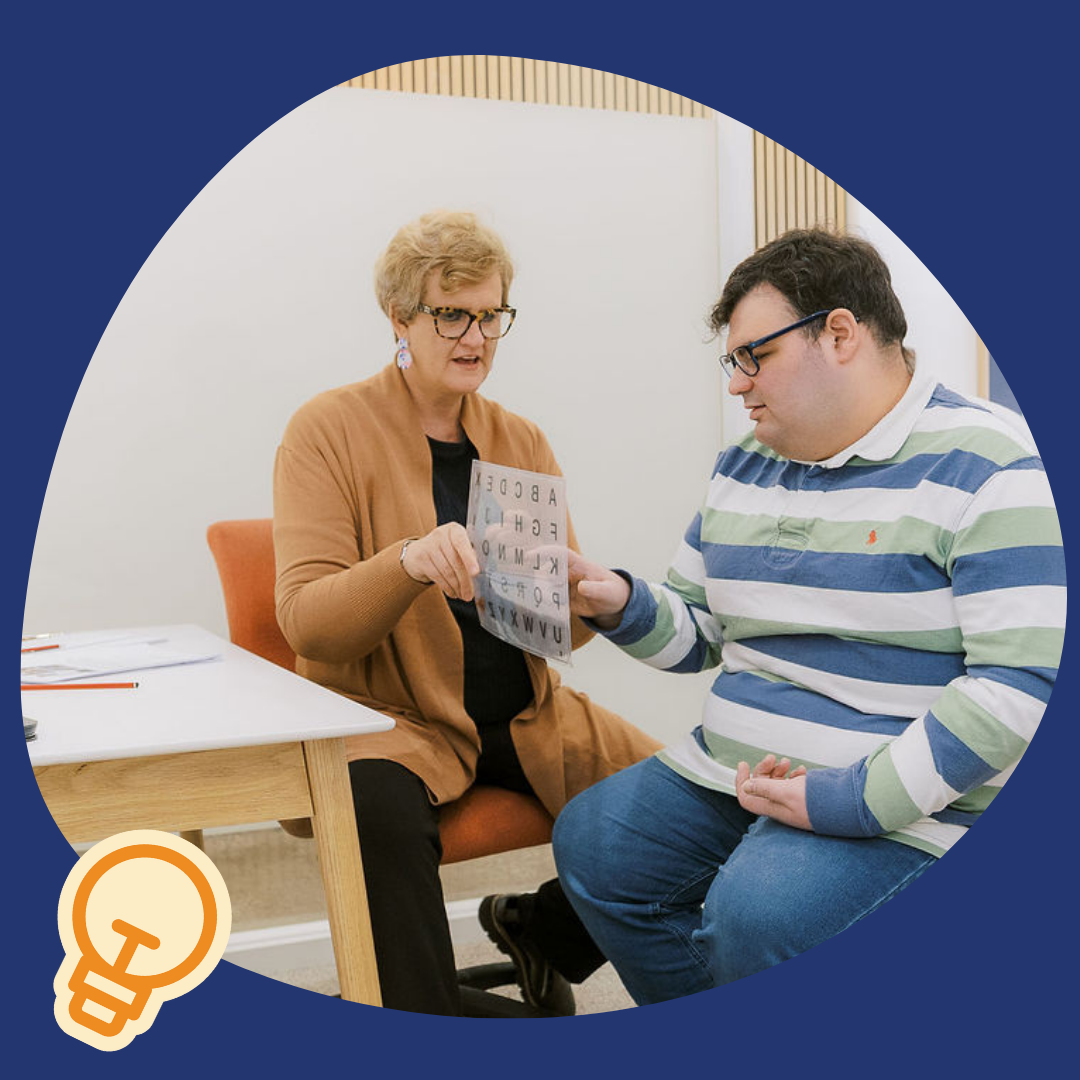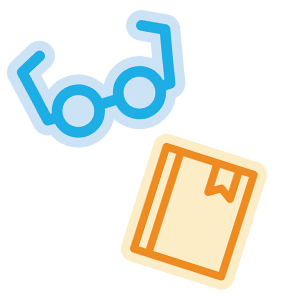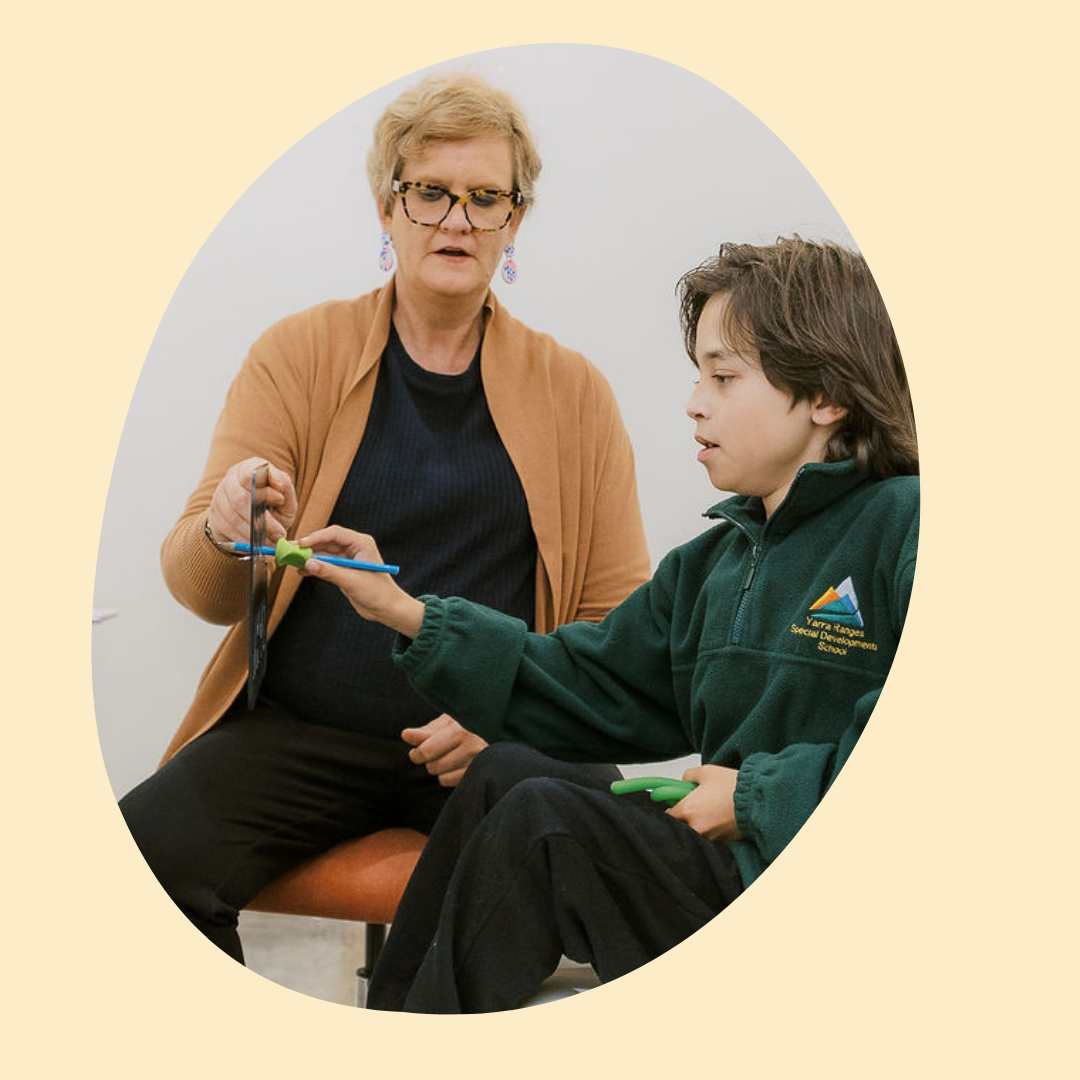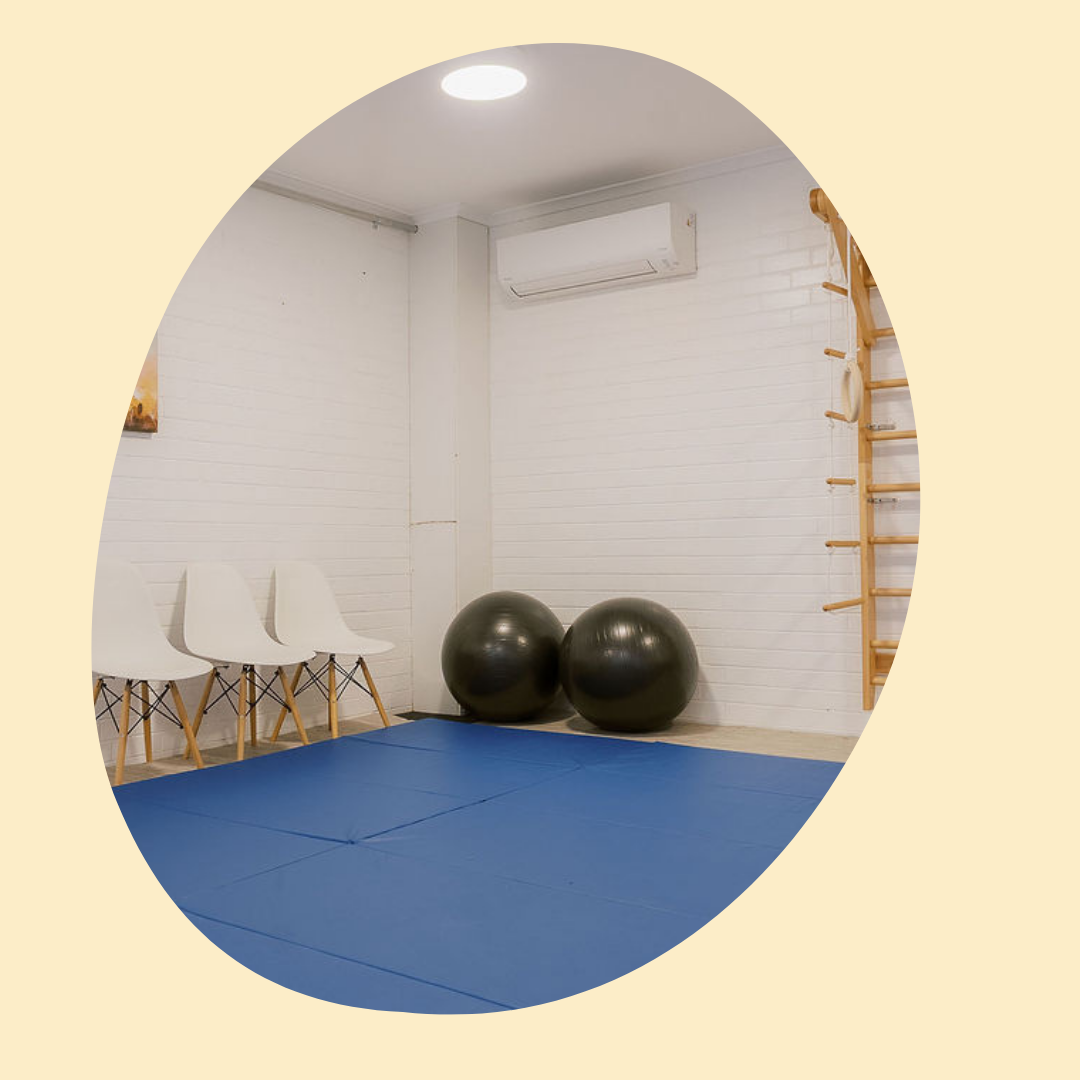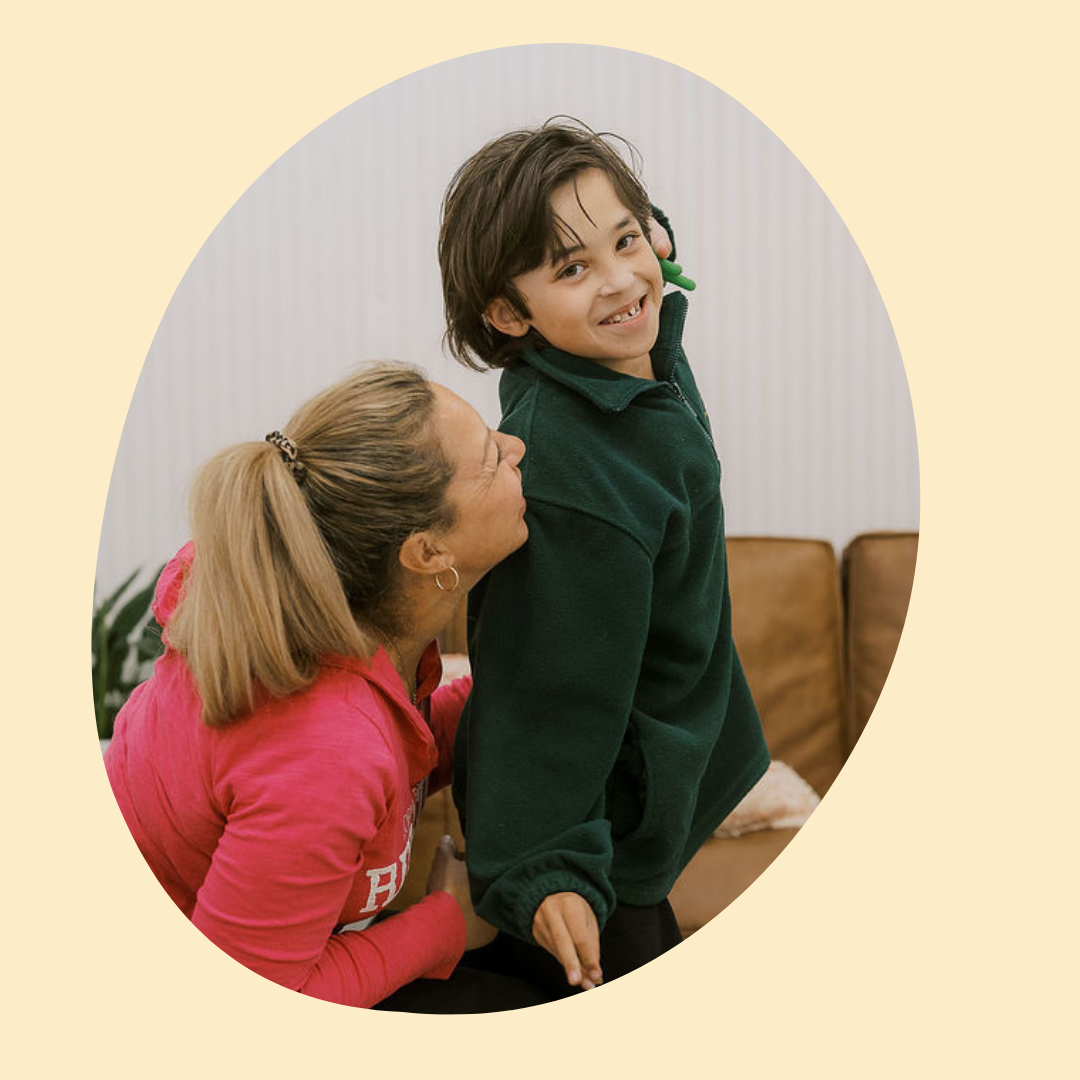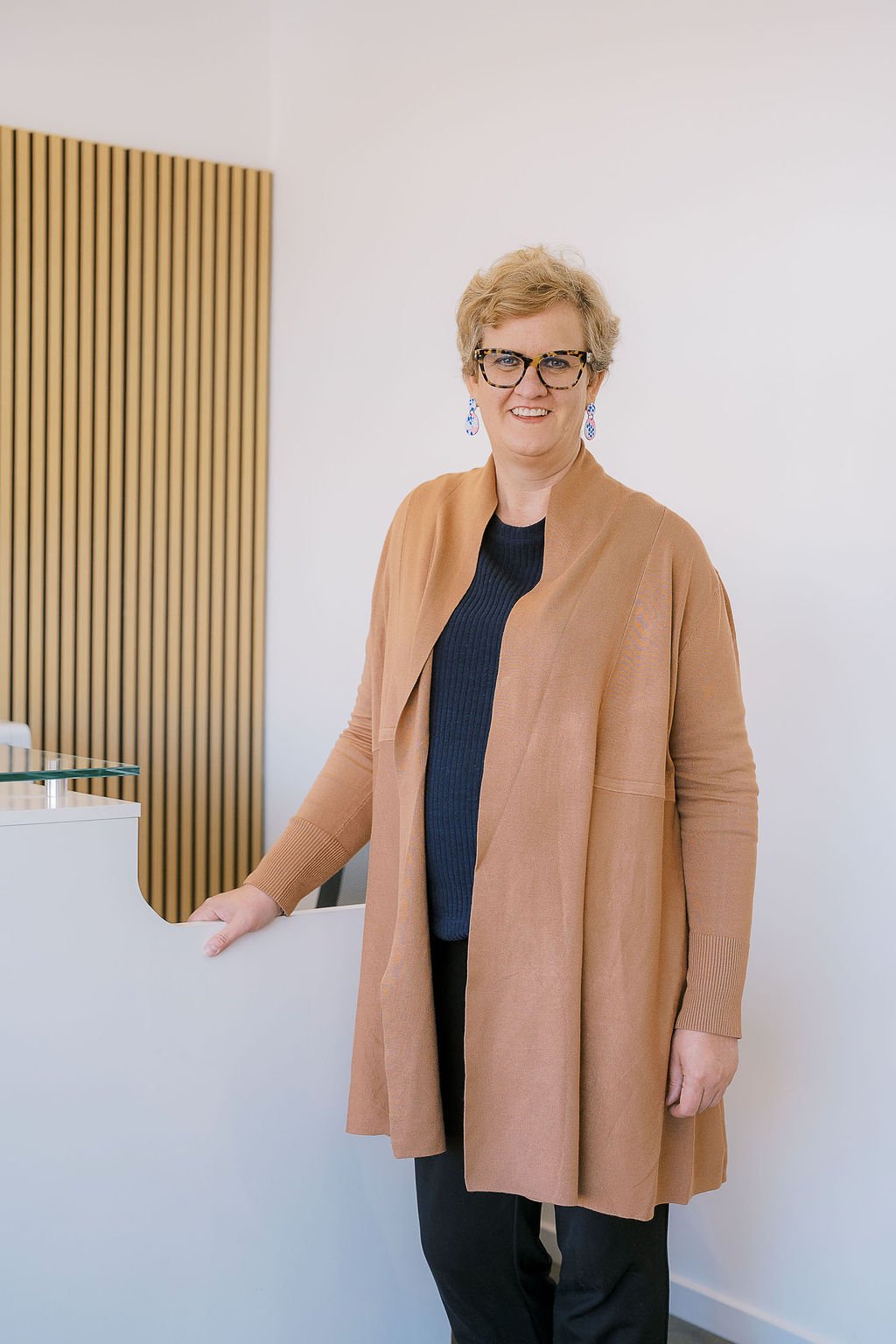A Hub for Every Voice Yet to be Heard
Opening communication for the nonspeaking community.
Melbourne’s first dedicated hub for spellers and future spellers.
Spell to Connect is part of the national group of practitioners that offer Spelling to Communicate (S2C) services. We empower nonspeakers, minimal speakers, and unreliable speakers with pathways to a brighter future.
What is Spelling to Communicate?
Spelling To Communicate (S2C) is a highly successful, research-backed method that teaches purposeful skills that enable individuals with motor challenges (full body apraxia) to spell by pointing to letters, providing a reliable means of communication.
With consistent practice, spellers gain the ability to express their own thoughts and ideas — opening the door to greater autonomy, independence, and self-expression.
Watch video
What We Do
Spelling to Communicate
We offer S2C sessions, teaching spellers to communicate their thoughts in 1:1 and group settings. This provides reliable access to language, unlocking expression and connection for spellers and their families.
Workshops and Intensives
We curate workshops and intensive programs designed to expand opportunities for spellers. These specialist-led experiences are designed to strengthen communication, build confidence, and foster a sense of community.
Training Pathways and Consultation
We’re committed to growing S2C in Australia by supporting families and future professionals interested in becoming a Communication Regulation Partner or seeking information on Certified Practitioner training.
About Spell to Connect
The story began with our founder, Rachael and her son Jack.
What started as a search to help Jack find his voice, led to a discovery of letterboard communication and the Spelling to Communicate method – a turning point that changed both of their lives. Rachael’s journey involved a Master’s Degree in Primary Teaching and specialist training as a registered S2C Practitioner, laying the foundation for Spell to Connect.
Today, it has grown into a dedicated community and welcoming space where every individual is seen, valued, and supported.
Our Melbourne Clinic
A physical space for spellers, purpose-built and designed with our community in mind.
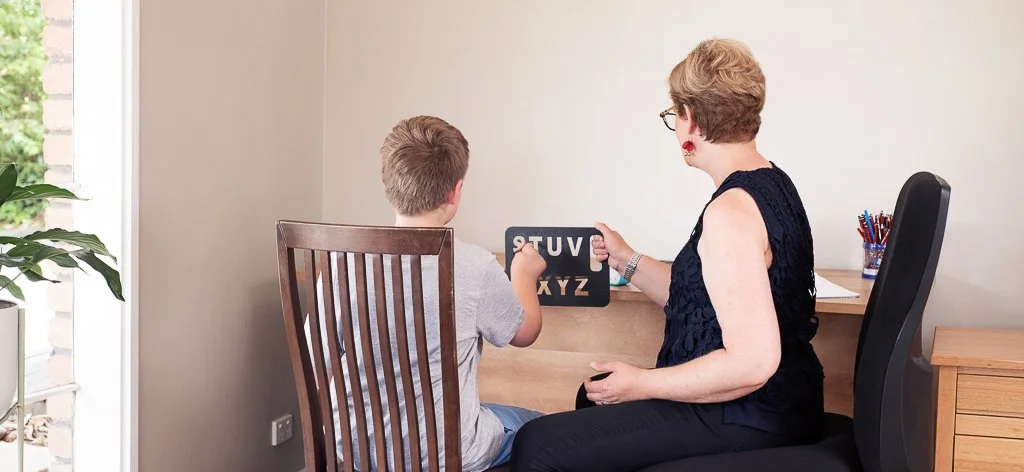
Communication
Connection
Community
Communication is the foundation of building connections, and connections are what build strong communities.
In Their Words
Get in Touch
Visit Us
11 McKeon Rd
Mitcham, VIC 3132
Hours
Tuesday 8am - 7pm
Wednesday 9am - 8pm
Thursday 10am – 7pm
Friday 8am - 2pm
Phone
0413 657 452

